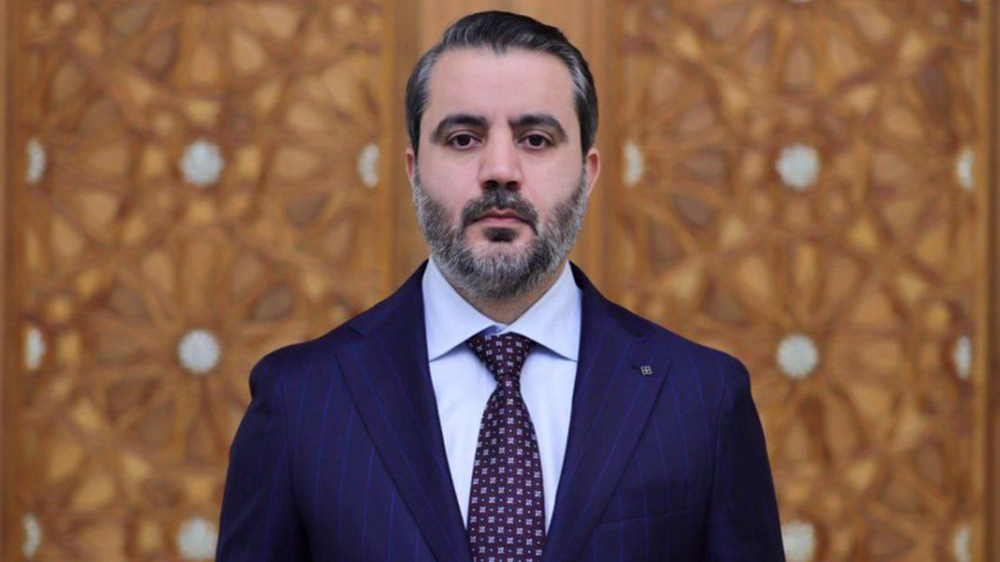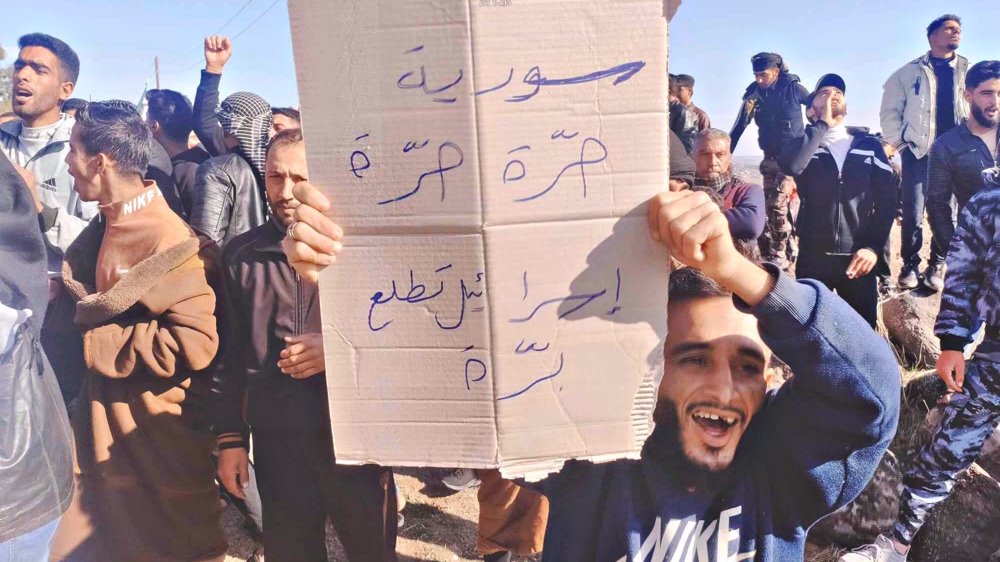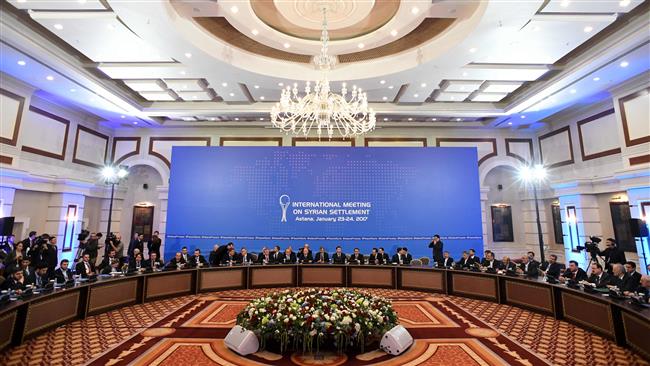HNC says seeks direct talks with Damascus in Geneva
Syria's main foreign-backed opposition group says it seeks face-to-face negotiations with Damascus in the upcoming round of peace talks due to be held in Geneva on February 23.
On Wednesday, Salim al-Muslit, the spokesman for the so-called High Negotiations Committee (HNC) that includes militant groups and opponents of President Bashar al-Assad, said he supported direct talks between the HNC and the Syrian government.
"We want direct talks, I mean direct negotiations, just to save time and save lives because every day is costly for Syrians," the Syrian opposition figure said.
Muslit, however, said the opposition had yet to receive an agenda for the upcoming negotiations.
Elsewhere in his remarks, Muslit said the HNC sought to start the negotiations by discussing a governing body to oversee what he said was a transition of power.
United Nations' Special Envoy for Syria Staffan de Mistura has already made clear that the agenda of the peace talks in Geneva will not be changed.
De Mistura says the talks will be in line with UN Security Council Resolution 2254 aimed at ending the conflict in the Arab country.
The resolution, which was unanimously adopted in December 2015, aims to establish governance and come up with a new constitution.
"That is the agenda and we will not change it, otherwise we open up a Pandora's box," said de Mistura.

This is going to be the first time delegations of the Syrian government and opposition will return to Geneva since the talks were suspended in 2016.
For nearly six years, Syria has been fighting foreign-sponsored militancy. United Nations Special Envoy for Syria Staffan de Mistura estimated in August last year that more than 400,000 people had been killed in the crisis until then. The UN stopped its official casualty count in the war-torn country, citing its inability to verify the figures it received from various sources.
Future of Syria decided by people: Assad
Also on Wednesday, President Assad said taking any step pertaining to Syria's future is up to the Syrian people, Syria's official news agency SANA reported.
The Syrian president made the remarks while speaking during a meeting with religious figures and Islamic preachers from all Syrian provinces.
Assad also said religious concepts had to be rethought in order for a more effective fight against extremism to take place.
In December, the Syrian president denounced Wahhabism as “the core problem” which creates extremist terrorists across the world.
He said, “If you want to deal with the issue of terrorism permanently, you have to deal with the pillar of that terrorism, which is the Wahhabi ideology.”
VIDEO | Public uproar in US against Israeli regime
‘Ghost town’: 70% of Jabalia buildings destroyed by Israel
Mother’s Day: Sareh Javanmardi’s inspiring journey as Paralympic champion and mother
Russia downs over 40 Ukrainian drones as Putin vows 'destruction' on Kiev
VIDEO | Yemen: A bone in Israeli neck
D-8’s role in Iran’s economy after Cairo summit
China slams US as ‘war-addicted’ threat to global security
China ‘firmly opposes’ US military aid to Taiwan











 This makes it easy to access the Press TV website
This makes it easy to access the Press TV website